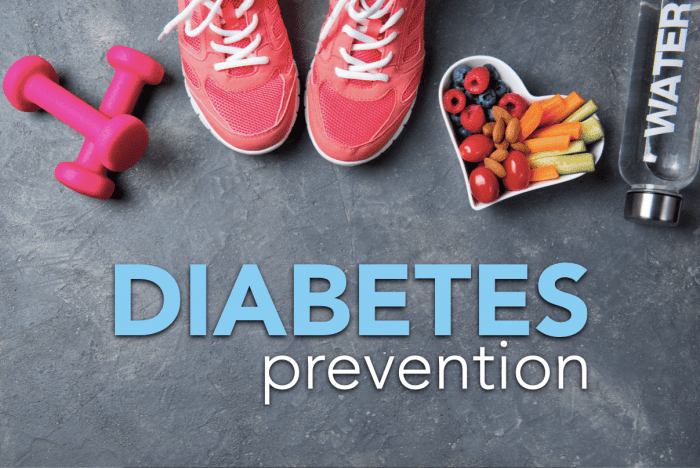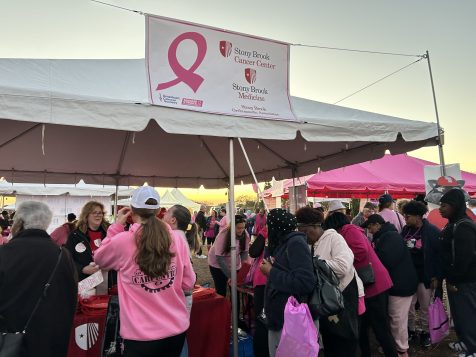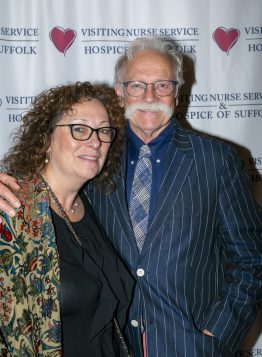By David Dunaief, M.D.

Heart failure (HF) occurs when the heart’s pumping is not able to keep up with the body’s demands for blood and oxygen and may decompensate. Unlike a heart attack, it develops slowly over years and may take a long time to become symptomatic. According to the latest statistics, 6.7 million Americans over the age of 19 are affected (1). These numbers are projected to increase to 8.7 million by 2030, with the greatest growth among those aged 35 to 64 (2).
There are two types of heart failure, systolic and diastolic. Put simply, the difference is that the output of blood with each contraction of the heart’s left ventricle is generally preserved in diastolic HF, while it can be significantly reduced in systolic HF.
Fortunately, both types can be diagnosed with an echocardiogram, an ultrasound of the heart. The signs and symptoms of both include shortness of breath during daily activities or when lying down; edema or swelling in the feet, legs, ankles or stomach, reduced exercise tolerance; and feeling tired or weak. These can have a significant impact on your quality of life.
Major lifestyle risk factors for heart failure include obesity, smoking, poor diet, being sedentary, excessive alcohol intake (3). Medical conditions that increase your risk include diabetes, coronary artery disease, high blood pressure, and valvular heart disease.
Heart failure can be treated with medication, including blood pressure medications, such as beta blockers, ACE inhibitors and angiotensin receptor blockers. All of these have side effects. We are going to look at recent studies that examine the role of diet in reducing your risk.
The role of antioxidants in your diet
If we look beyond the risk factors mentioned above, some studies have explored the role oxidative stress may play an important role in contributing to HF.
In an analysis of the Swedish Mammography Cohort, researchers showed that a diet rich in antioxidants reduces the risk of developing HF (4). In the group that consumed the most nutrient-dense foods, there was a significant 42 percent reduction in the development of HF, compared to the group that consumed the least. The antioxidants were mainly from fruits, vegetables, whole grains, coffee and chocolate. Fruits and vegetables were responsible for most of the effect.
This study was the first to investigate the impact of dietary antioxidants on heart failure prevention.
This was a large study: it involved 33,713 women with 11.3 years of follow-up. Still, there are limitations, because it was an observational study, and the population involved only women. However, the results are very exciting, and there is little downside to applying this approach.
Applying the DASH diet
A 2022 study examined the effects of the Dietary Approaches to Stop Hypertension (DASH) diet on the risk of developing HF (5). This study included over 76,000 men and women, ages 45-83 and without previous HF, ischemic heart disease or cancer from the Cohort of Swedish Men and the Swedish Mammography Cohort.
The DASH diet emphasizes consuming fruit, vegetables, whole grains, nuts and legumes, and low-fat dairy and de-emphasizes red and processed meat, sugar-sweetened beverages, and sodium.
The researchers found that long-term adherence to the DASH diet was associated with a lower risk of HF. The greater the participants’ adherence, the greater the positive effect.
Interestingly, even replacing one serving per day of red and processed meat with one serving per day of other DASH diet foods was associated with an approximate 10 percent lower risk of HF.
Comparing a variety of diets
The REGARDS (REasons for Geographic and Racial Differences in Stroke) Trial examined the impact of five dietary patterns on later development of HF in over 16,000 patients followed for a median of 8.7 years. The dietary patterns included convenience, plant-based, sweets, Southern, and alcohol/salads (6).
Researchers found that a plant-based dietary pattern was associated with a significantly lower risk of HF. Compared with the lowest quartile, the highest quartile of adherence to the plant-based dietary pattern was associated with a 41 percent lower risk of HF.
The highest adherence to the Southern dietary pattern was associated with a 72 percent higher risk of HF after adjusting for age, sex, and race and for other potential confounding factors. Researchers found less effect after further adjusting for body mass index, waist circumference, hypertension, dyslipidemia, diabetes mellitus, atrial fibrillation, and chronic kidney disease.
They did not observe any associations with the other 3 dietary patterns.
These studies suggest that we should seek to prevent heart failure with dietary changes, including consuming higher amounts of antioxidant-rich foods, such as fruits and vegetables, and lower amounts of red and processed meats.
References:
(1) Circulation. 2024;149:e347–913. (2) hfsa.org. (3) cdc.gov. (4) Am J Med. 2013 Jun:126(6):494-500. (5) Eur J of Prev Cardiology 2022 May: 29(7): 1114–1123. (6) J Am Coll Cardiol. 2019 Apr 30; 73(16): 2036–2045.
Dr. David Dunaief is a speaker, author and local lifestyle medicine physician focusing on the integration of medicine, nutrition, fitness and stress management. For further information, visit www.medicalcompassmd.com or consult your personal physician.




























